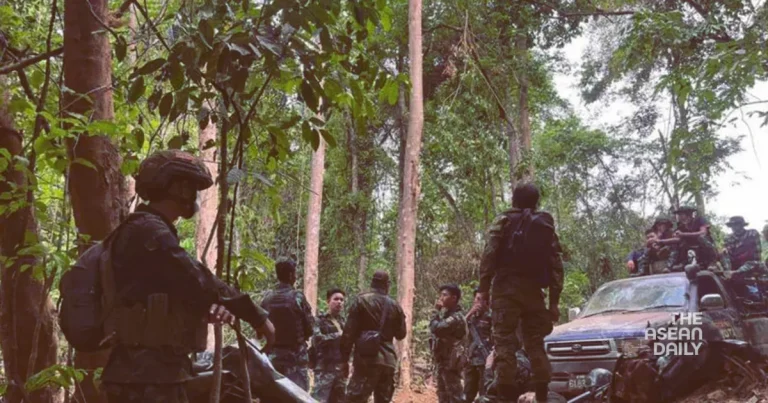27-6-2024 (SINGAPORE) A significant decrease in the flow of weapons and military supplies from Singapore-based entities to Myanmar has been reported by United Nations Special Rapporteur Tom Andrews. In a report released on Wednesday, Andrews highlighted the dramatic drop following a Singapore government investigation initiated last year.
The probe was launched after Andrews identified 138 Singapore-based entities allegedly involved in supplying military equipment to Myanmar’s junta. The impact of this investigation has been substantial, with exports from Singapore plummeting from over US$110 million between April 2022 and March 2023 to just above US$10 million in the subsequent year.
Speaking to CNA’s Asia Now programme, Andrews lauded Singapore as a “standout” in the global effort to curb arms shipments to Myanmar. He noted, “Singapore was once the hub for financing many of these military procurement transactions, handling or processing 70 per cent of them a year ago. That figure has now dropped to 20 per cent.”
This development marks a significant shift from last May’s report, which identified Singapore-based entities as the junta’s third-largest source of weapons and materials. Andrews commended this as “a significant step in the right direction for Singapore.”
The military coup in Myanmar three years ago, which ousted a democratically elected government, has plunged the country into turmoil. Thousands have been killed and millions displaced, prompting Western countries to impose sanctions aimed at limiting the junta’s access to funds and weapons.
Contrasting with Singapore’s progress, Andrews’ report highlighted Thailand’s emergence as the junta’s primary source of supplies purchased through the international banking system. The transfer of weapons and related materials from Thai-registered companies doubled from over US$60 million in the 2022 fiscal year to more than US$120 million the following year.
Andrews expressed hope that Thailand would follow Singapore’s example in investigating and curbing the arms flow into Myanmar. He emphasised that in both countries, no evidence of government involvement or awareness of these transactions was found.
Singapore’s Ministry of Foreign Affairs previously stated its commitment to preventing arms flow into Myanmar, maintaining a “principled position” against the junta’s use of lethal force on civilians. Foreign Affairs Minister Vivian Balakrishnan clarified that while Singapore has not imposed a general trade embargo on Myanmar, it does not authorise the transfer of dual-use items with potential military applications.
The UN investigation revealed that international sanctions have significantly reduced the junta’s ability to secure funds and procure weapons. However, Andrews stressed that not all countries are doing enough, and the junta continues to find ways to evade scrutiny.
Since the 2021 coup, over 5,000 civilians have been killed, three million displaced, and more than 20,000 political prisoners remain incarcerated. The report also noted a five-fold increase in military airstrikes against civilian targets over the past six months.
Andrews reiterated the need for the international community to halt the flow of weapons into Myanmar and implement coordinated sanctions against the junta. He specifically recommended that governments sanction major Myanmar state-owned banks, particularly the Myanmar Economic Bank, to further restrict the junta’s ability to secure weapons.




